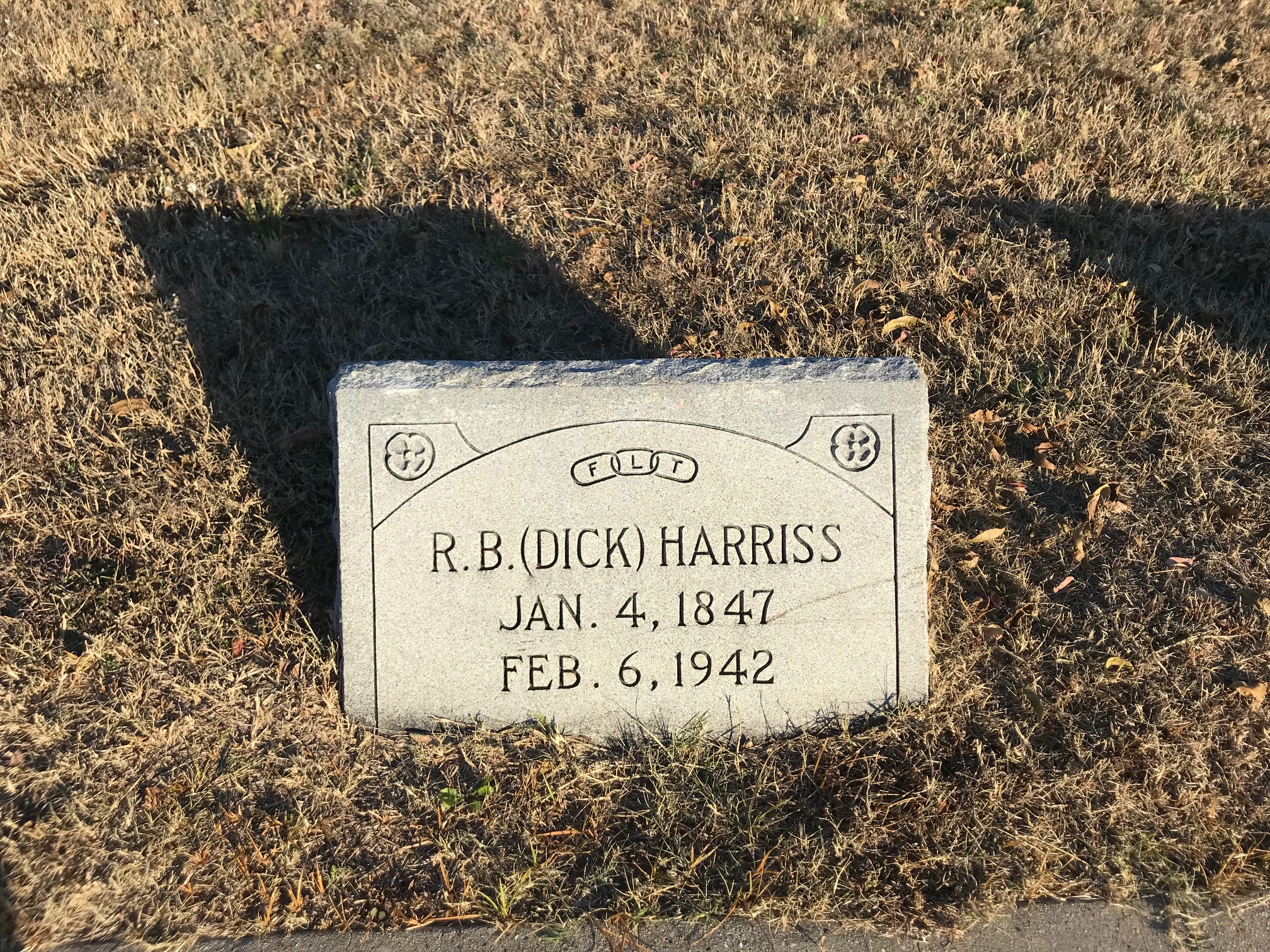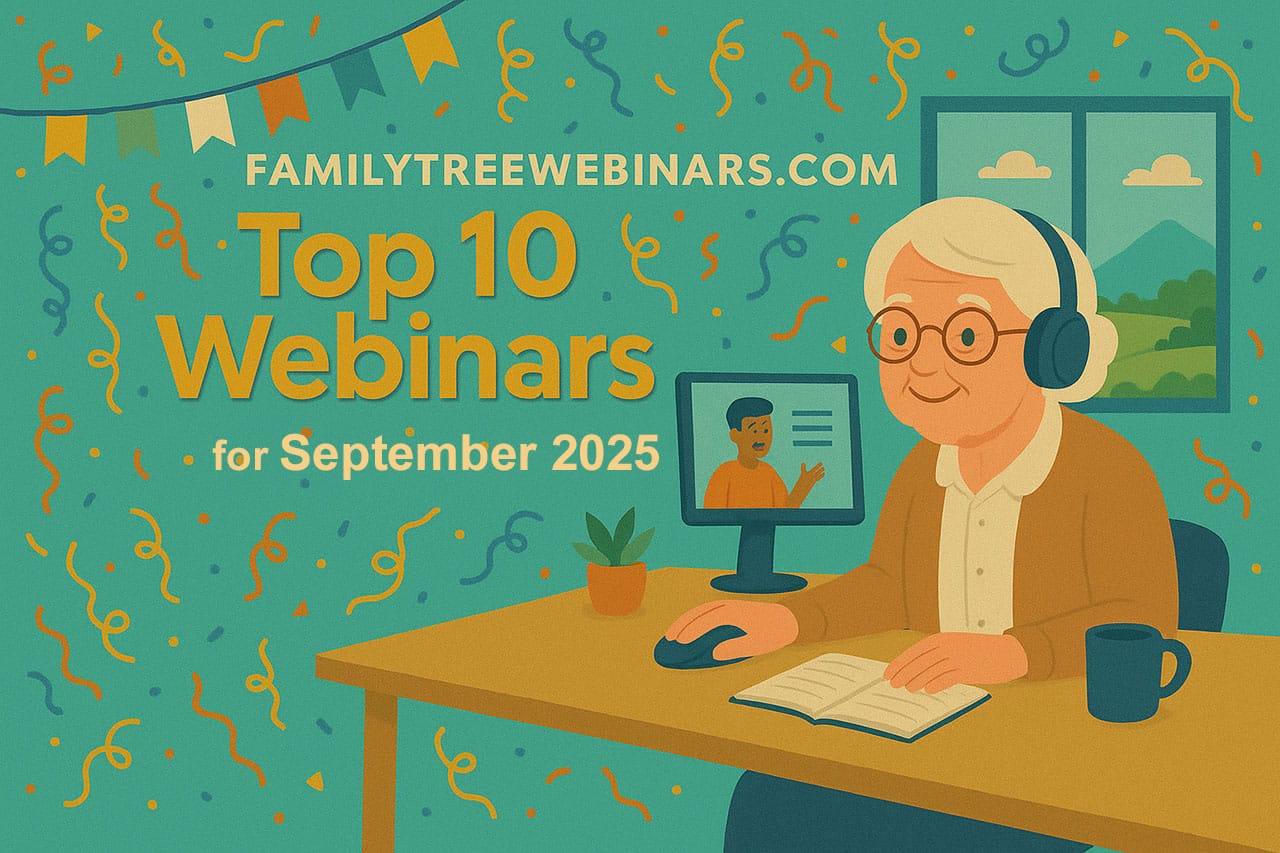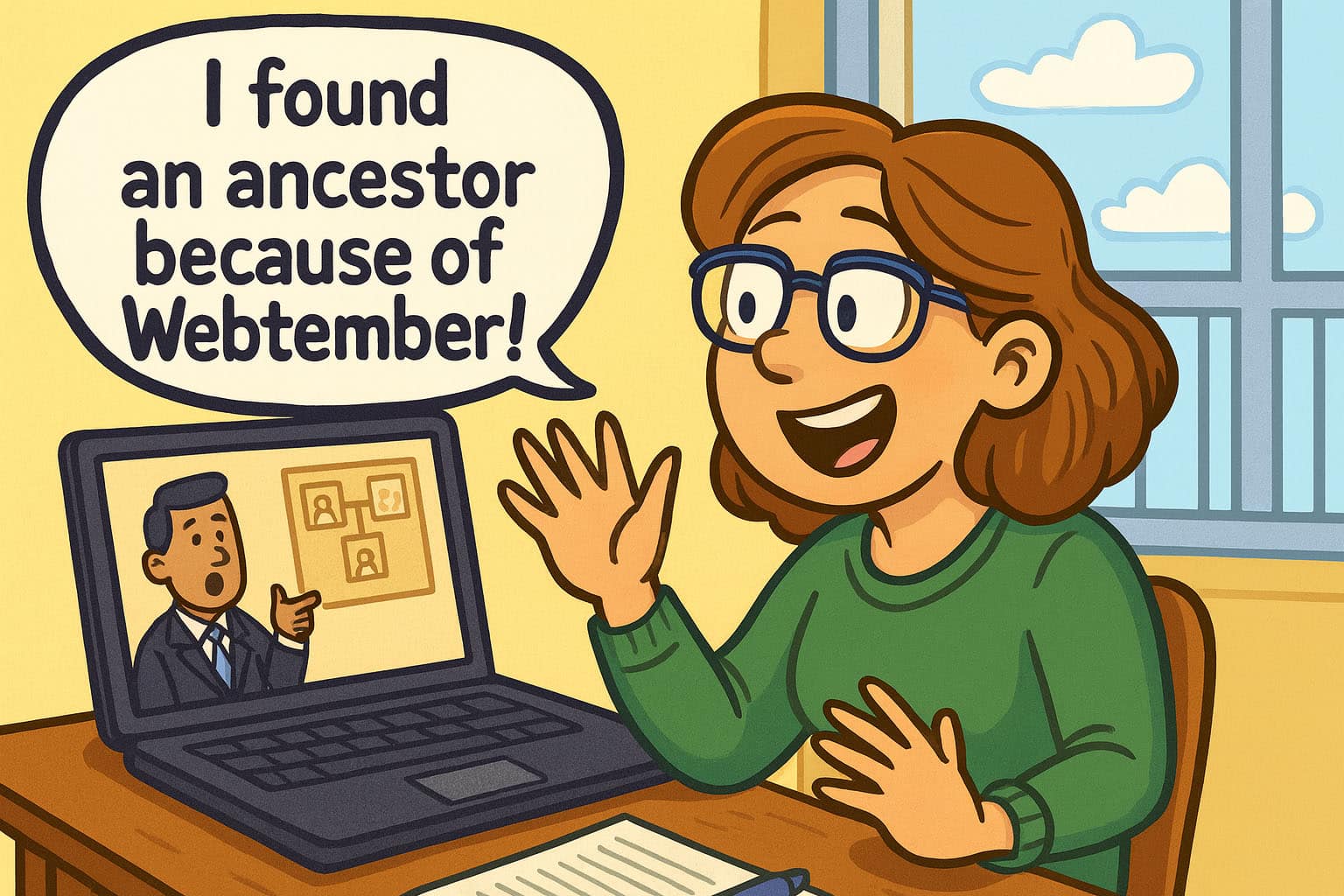Your cart is currently empty!
The Mystery of the IOOF Cemetery
Recently I was in Denton, Texas visiting a younger family member and he said something about a local cemetery in town. This cemetery is very visible since it is in the middle of town and has quite a presence. He knew that I would want to see it. In describing it to me so we could drive there, he called it the "ioof cemetery." I asked him what he was talking about and he again used the word "ioof."
I then asked him to spell this foreign-to me- word and he did, i-o-o-f.
I instantly knew what he was talking about. What he didn’t realize was that those four letters didn’t make up a word, they were an acronym. The I.O.O.F. He was unknowingly referring to Denton’s, International Order of Odd Fellows Cemetery.
Who are the Odd Fellows? Founded in the United States in 1819 (evolving from the English Order of Odd Fellows), the Independent Order of Odd Fellows was the first U.S. fraternal order to allow both men and women as members.[1] According to their website “The Independent Order of Odd Fellows is one of the oldest and largest fraternities in the world. We are non-political and non-sectarian. Membership is open to all regardless of sex, race, religion, political affiliation and social status.”[2]
This misunderstanding over what those letters my family member was pronouncing meant led to a great history lesson, well maybe not so great for him, as I explained who the Odd Fellows are and what the symbols found on the gravestones in the cemetery meant.
But this misunderstanding also provides three important lessons.
1. Acronyms have no place in our research
You may know what something means but that doesn’t mean your family who inherits your research does. Because the young people I was with that day thought that IOOF was a word and not an acronym they believed it meant something completely different based on some youthful slang that they were familiar with. Language is fluid and meanings change over time and this was a great example of that. People understand what they see based on the context (experience) that they have. And even if I were to use the words “Odd Fellows” instead of the acronym IOOF most of my family would have no idea what those two words refer to.
2. Pay attention to details.
The Denton Odd Fellows provides a good example of paying attention to detail when we research. Denton, Texas has the Odd Fellow Cemetery and many of the tombstones displayed symbolic evidence of the IOOF members buried there, as well as members of other groups like Woodmen of the World. But the IOOF influence was bigger than the name on a cemetery sign. One of the adjacent streets to the cemetery was named IOOF. When we went to the city square to buy books and coffee, one of the storefront doors displayed a sign proclaiming it was an Odd Fellows meeting place. So the presence of this group could be felt in numerous places.
As I walked the Odd Fellows cemetery, pointing out the history behind some of the gravestones found there, I was reminded at how much information cemeteries silently provide us. Through the shape of monuments, the symbols found on them, and the biographical information detailed on those stones. Those details are what genealogical research is all about.
3. Information is everywhere
As I thought about the IOOF in Denton and did some Google searches I learned not only more about the history of the cemetery but where the cemetery records are (the Courthouse Museum ), and photos of gravestones via the Texas Gravestone Project. That’s just the beginning. On-site research in Denton would yield even more information.
Something to Remember
It’s important as we think about our family history research that we do future generations a favor and define acronyms, unfamiliar or dated terms and that we add some context to the information we find. Yes, the photo of R.N. Harriss’ gravestone shown below provides birth and death information but you’re missing an important clue if you don’t know what the FLT found in the chain links on this gravestone means.[3]
Not everyone in our family is as curious about their ancestors as we are. It’s important that we make the information we leave behind accessible to the very people we want to embrace it.
[1] “Independent Order of Odd Fellows,” Wikipedia (https://en.wikipedia.org/wiki/Independent_Order_of_Odd_Fellows: accessed 30 December 2019).
[2] “Who Are We,” Independent Order of Odd Fellows (https://odd-fellows.org/about/odd-fellows/: accessed 30 December 2019).
[3] FLT = Friendship, Love, Truth which are principles that Odd Fellows are called to live. See the About page on the Odd Fellows website at https://odd-fellows.org/about/odd-fellows/
Gena Philibert-Ortega is an author, instructor, and researcher. She blogs at Gena's Genealogy and Food.Family.Ephemera. You can find her presentations on the Legacy Family Tree Webinars website.






My Grandfather and Father were Independent Order Of Foresters. My Grandfather was a British Home Child from the Birmingham, Warwickshire, (now called Midland), in England. He came over from England in 1875. When I did research on my Grandfather I found that he was a member of IOOF. Then my brother received a bursary from the IOOF upon graduating in 1962 to further his education because Dad was a member of IOOF. Thank you for displaying this article. I now know where the IOOF originated from, which is England. I will also contact the B. C. Canada’s IOOF for further information on the Lodge.